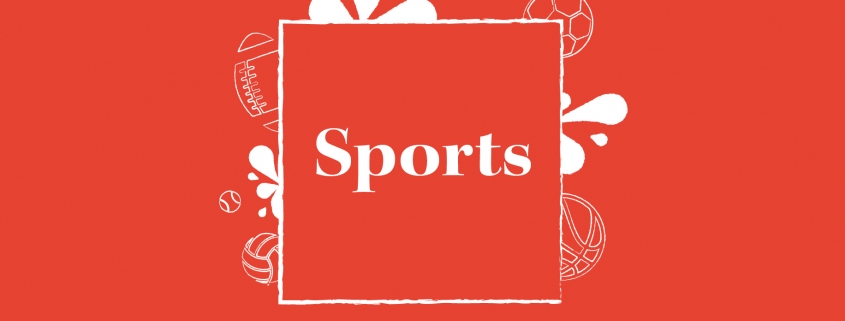Sideline to Byline: The Porter incident is not isolated
Sports media moves quickly— it’s the nature of sports itself. Every new game, trade or statistic warrants a short attention span. But after this week’s headlines around sexual harassment in baseball, it’s time to reevaluate. I think ESPN’s Jeff Passan said it best on the Jan. 20 episode of the ESPN Daily podcast:
“The consequences of these actions, even though they were four and a half years ago, have the possibility of lasting a lifetime and that to me is the saddest part of all of this,” he said.
Passan, along with fellow journalist Mina Kimes, broke a story detailing explicit photos that New York Mets’ General Manager and former Chicago Cubs Director of Scouting Jared Porter sent to a foreign reporter over the span of several months. Passan was one of the few men in the industry to take a stance beyond just labeling Porter another “bad apple.”
A flurry of disownment and shock followed the story’s breaking — from the swift action of Mets’ owner Steve Cohen to the Cubs maintaining that they never knew of Porter’s transgressions. Unsurprisingly, the only people who reacted differently were the women sports reporters who bravely penned a different narrative — one that said this isn’t new, and Porter isn’t the only one.
Some have come forward with their own stories of sexual harassment, including Brittany Ghirloli of The Athletic, who detailed a Baltimore Orioles player exploiting his inside-scoop ability to lure Ghirloli into an uncomfortable situation. New York Daily News’ Mets beat writer Deesha Thosar wrote in a column of her own about the “complex heartaches involved in being checked out or harassed when I’m just trying to do my job.”
Overall, the story became about how women learned to adapt to avoid suspicion. Sports journalism runs on private relationships and constant correspondence with sources, and that becomes even more difficult when surrounded by predominantly male colleagues who look to use that practice as a way to make unwanted advances.
I’m writing about this as a woman just breaking into sports reporting. It is dizzying just figuring it out, and Porter’s exposé only makes the field more intimidating and less appetizing for someone in my position.
I must keep up with a team’s statistics, schedule, injuries, trades, management, coaching staff and history while keeping a smile on my face and maintaining a sense of approachability with sources. Lean too much into it and I’ll be seen as suggestive; on the other hand, if I’m not nice enough, then I am a cold bitch.
I don’t think I am lucky to have avoided walking the tightrope so far — maybe that’s because I’ve barely dipped my toes in the industry. Sure, I could be taking this Porter incident too close to home, but a man doesn’t muster up the audacity to send over 60 lewd texts without an entire culture of tolerance backing such entitlement.
The worst part about all of this is that male colleagues of the reporter who came forward with Porter’s behavior saw these texts and Porter’s unwarranted advances towards her as chips to cash in — sexual harassment for an inside scoop. This is further proof that it can’t be seen as just an incident. Porter skyrocketed to the top of the field, vouched for by countless men who just last week cleaned their hands by saying “just another schmuck” without reflecting on the structure that got him there.
Every column written by women this past week should become required reading in every sports newsroom, but we’ve also got to ask ourselves why there has been a lack of men in the field taking as strong a stance. This is not a woman’s issue: this is an issue of workplace safety that, in Passan’s words, can leave scars that last a lifetime. Do I have to wait for suggestive comments or unwarranted advances to give my two cents in the nonstop narrative of abuse for women?
Sports media is saying that women’s voices matter only after extensive evidence of something bad happening. It is saying that men’s unchecked ambition and desire matter more than women’s simple ability to just do their job and follow their passion.
I want to dive into sports, but I don’t think I have the energy to teeter on the tightrope of maintaining cordial relationships through a still deeply sexist and dismissive culture.
And guess what? It’s not on me to fix it or call out every advancement or suggestion. It’s not on women reporters to fix the good ole boys’ club. The men in the front offices and in press conferences beside me need to look in the mirror and give a better excuse than “well, that’s just how it is.”
Taylor Mills is a sophomore writing about sports media. Her column, Sideline to Byline, runs every other Monday.

